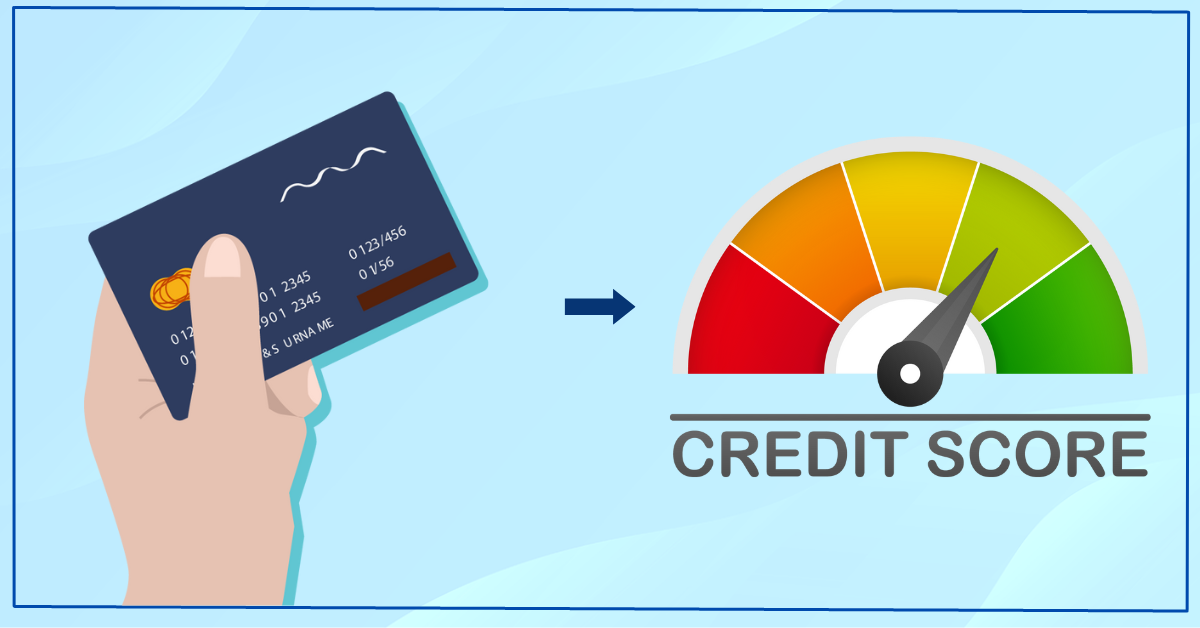Credit scores are an essential measure of an individual’s creditworthiness and financial health. Lending institutions use credit scores to gauge an individual’s capacity to repay borrowed loans and credit card debts. A good credit score can enhance your chances of obtaining loans at favorable rates.
Although the common misconception is that using a debit card increase your credit score, it is not necessarily true. Credit bureaus only consider credit-related transactions, such as loans, and credit cards, when calculating your credit score. Debit card transactions, on the other hand, do not factor into your credit score calculation.
By understanding how debit cards work and using them responsibly, you can take control of your finances and achieve your financial goals.

Understanding Credit Scores: Factors, Importance, and Calculation
The credit score calculation involves various aspects like payment history, credit utilization, credit account history duration, and the credit types used. The score ranges from 300 to 900, with a higher score indicating better creditworthiness. A good credit score is crucial, as it determines your eligibility for loans, credit cards, and other financial products.
Credit bureaus such as CIBIL, Equifax, and Experian calculate and measure credit ratings. They gather information about your credit history and use a mathematical algorithm to determine your credit score. While each credit bureau has its algorithm, the factors determining your credit score remain the same.
Working Mechanisms and Differences between Debit Cards and Credit Scores
Credit cards, however, allow you to borrow money up to a certain limit. You then have to pay back that money with interest. When you use a credit card, your payment history and credit utilization are reported to the credit bureaus, which can affect your credit score.
Debit cards provide an easy and safe mode of accessing funds available in your bank account. They have a different approach than credit cards, enabling you to spend only what you have in your account. When using a debit card, the funds are immediately deducted from your bank account, and you do not accrue any debt or interest charges. Debit card transactions, however, are not reported to the credit bureaus and do not factor into your credit score calculation. So, using a debit card does not increase your credit score.
Benefits of Using Debit Cards
Although using a debit card does not impact your credit score, one still has several benefits.
1. Budgeting: Debit cards allow you to easily keep track of your spending and help you to stay within your budget. It can help you stay within your budget and avoid accumulating debt.
2. Reduces The Risk Of Fraud: when you use a debit card, the funds are instantly deducted from your account, which can prevent fraudulent charges from going unnoticed. and there is no line of credit that scammers can exploit.
3. No Interest Charges: finally, using a debit card does not accrue any interest charges, saving you money in the long run. this is especially beneficial if you are trying to avoid high-interest credit card debt. additionally, no late payment fees are associated with using a debit card, as with credit cards.
4. Convenience: Debit cards are a very convenient way to pay for goods and services, as they allow you to access your money quickly and easily without the need to carry cash.
5. Rewards: Many debit cards offer rewards and cashback, a great way to save money. These reward points can be used to purchase items in online stores or to get discounts on future purchases.
6. Accessibility: Debit cards are accepted virtually everywhere, making them an excellent choice for those who travel often. You can use them at stores, restaurants, online, and ATMs.
Tips for Using Debit Cards Responsibly
Are you tired of worrying about your financial health and credit scores? Using a debit card responsibly can be an effective way to manage your finances and gain control over your spending habits. Let’s understand how a debit card improve credit score in a better way:
- Create and stick to a monthly budget.
- Monitor your account regularly.
- Keep track of your expenses.
- Avoid using your debit card for large purchases or online transactions.
- Use your debit card only at reputable merchants.
- Be aware of any fees associated with your debit card.
- Protect your card and personal information.
- Consider using a secondary account or credit card for large purchases or online transactions.
- Set up alerts or notifications for your account.
- Report any suspicious activity or potential fraud immediately.
So, following these tips for using debit cards responsibly, you can avoid potential financial pitfalls and gain greater control and confidence in your financial health.
Read More: How Credit Cards Offer Better Protection Than Debit Cards
Bottom Line:
Debit cards offer several benefits, including convenience, accessibility, and budgeting assistance. However, it is essential to consider some potential drawbacks, such as limited fraud protection. It is crucial to prioritize responsible debit card use, successfully manage your finances, and improve your overall financial well-being.
Whether a debit card increase your credit score or not, it is essential for building a strong financial foundation. By using your debit card responsibly and making informed financial decisions, you can achieve your goals and secure a stable financial future.









